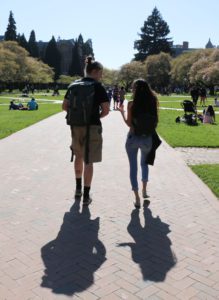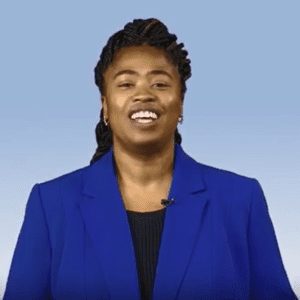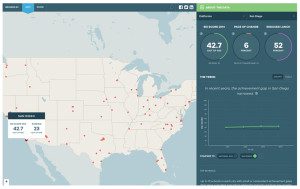Closing Gaps in Higher Education
Seattle Education Access (SEA) is a college access program that helps low-income, non-traditional students aged 16-29 in King County obtain a post-secondary education. SEA is the only college access organization in Washington state, and one of few in the country, that works with out-of-school young people and specializes in serving those who have experienced homelessness, students of color, foster youth, single parents and immigrants.
Over the past five years, SEA has served over 1,000 students: over half have experienced homelessness, 10% have been in foster care, one-third are single parents, 45% are the first generation in their family to finish a high school diploma or GED, 80% are the first generation in their family to attend college, and one third are immigrants, many of whom are undocumented.
SEA’s Education Advocates work with partner organizations throughout King County including nearly every community college, Open Doors (drop out retrieval), and organizations that provide basic needs to low-income youth. At community colleges, SEA staff often work in adult basic education, GED, and High School 21+ programs. High School 21+ serves young people over 21 who are not eligible to attend Open Doors schools. In these competency-based programs, students can earn high school credits through project-based learning or life experiences, rather than by taking assessment tests.
There is a language, culture and shared understanding, expectation and support that middle and upper-middle class families often have about their children going to college. The children of college-educated parents are more than twice as likely to go to college as the children of high school graduates and seven times as likely as those of high school dropouts. Only 5% of Americans ages 25-34 whose parents did not finish high school have a college degree.
Students from low-income backgrounds often do not see themselves as potential college students, so SEA Education Advocates help create a college-going culture at partner sites. When a student sees their peers going to college, they are more likely to think of themselves as potential college students.
In the first phase, the College Prep program, Education Advocates works one-on-one with students to help them set goals for post-secondary education, put together a career and academic plan, and assist them with overcoming barriers. SEA staff have a vast knowledge of the degree, certificate, apprenticeship, technical/professional, and college programs available to students in King County and how they may fit a student’s life circumstances and earn them a living wage upon graduation. SEA teaches students how to navigate the education system, find a high school completion program to fit their needs, obtain financial aid, compete for private scholarships, make a budget, secure housing, register for classes, choose the right campus and degree program, and effectively access campus services. In addition, they provide tutoring, study guides, and funds for testing fees for the GED and college entrance assessment tests. This phase is typically from 6 months to a year, depending on how much support the student needs and where they are in their education pathway.
The second phase, the College Success program, begins the day a student starts classes, and supports students to stay in school and graduate successfully. Supports include tutoring, mentoring, continued career exploration, and program transfer assistance. SEA gives small scholarships to students, mostly under $350, to help them close budget gaps for books, bus passes, child care and first month’s rent. Ideally, Education Advocates’ support of students tapers off after they finish their first year as students learn the skills to navigate the education and financial aid systems themselves. In the past five years, 84% of SEA’s students have graduated from their program or are still enrolled in good academic standing.
Shouldn’t this be part of basic education?
#BeyondBasic








 By Nick Nogrady, Program Director, Page Ahead Children’s Literacy Program, guest blogger
By Nick Nogrady, Program Director, Page Ahead Children’s Literacy Program, guest blogger




